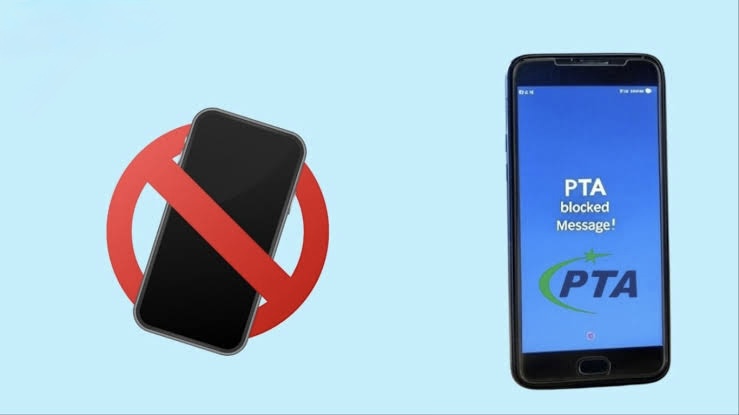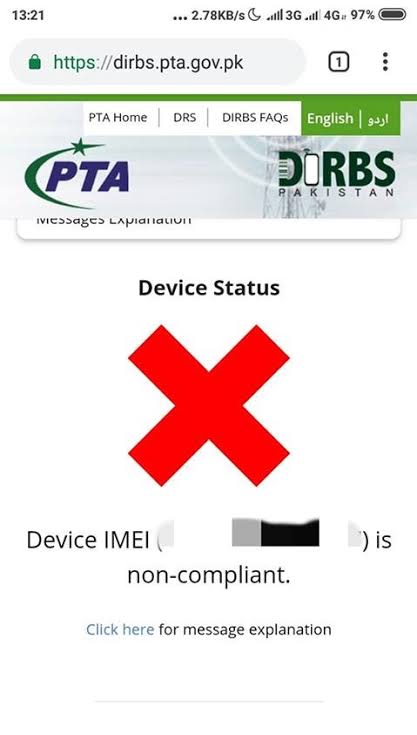![]()
In late August 2025, numerous reports emerged of non-PTA-registered devices unexpectedly connecting to Pakistani mobile networks. These include users with iPhones and Google Pixel models (previously blocked) are now able to make calls and access mobile data.
So, why is this happening? Experts point to a combination of technical anomalies rather than any official policy change.
System glitches or optimizations
PTA’s DIRBS system may have purged old IMEI records during its upgrade, inadvertently granting a short window of access.
Temporary registrations for visitors
Devices brought in by overseas Pakistanis or visitors may still benefit from a grace period—commonly up to 120 days—allowing temporary network access before full registration is required.
Cloned or old IMEI quirks
Some devices may momentarily pass network checks due to mismatched or outdated IMEI data that the system hasn’t flagged yet .
Should non-PTA users be worried?
Yes, definitely. This connectivity appears to be temporary and inconsistent, not a permanent fix:
Retailers and users caution against relying on this sporadic access: “This is not a reliable occurrence… avoid depending on non-PTA devices for regular use,” according to industry insiders.
PTA continues to enforce device registration strictly. Unregistered phones will be blocked once the grace period expires or system conditions realign.
Is this change temporary?
Absolutely. All signs point to a brief and opportunistic window, not a shift in regulation. The PTA upgraded DIRBS to boost enforcement—now phones not registered within 60 days of import face blocking.
Final Takeaway
The recent connectivity of non-PTA devices is an anomaly, not a signal of deregulation. Users still face legal obligations under the Pakistan Telecom Rules, risk being blocked after a short window, and may encounter security or network reliability issues.
If you want uninterrupted service and legal peace of mind, it’s best to register your device with PTA via DIRBS, pay any applicable duties, and ensure it remains compliant.








